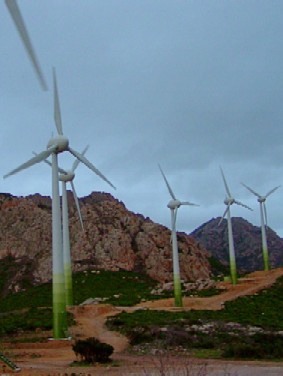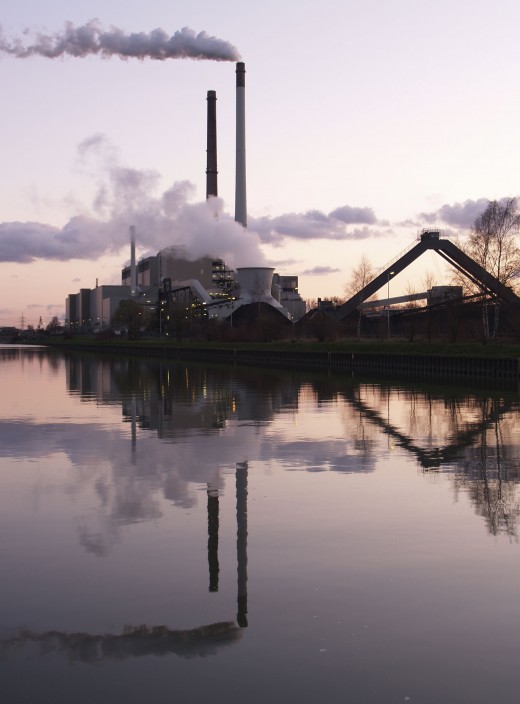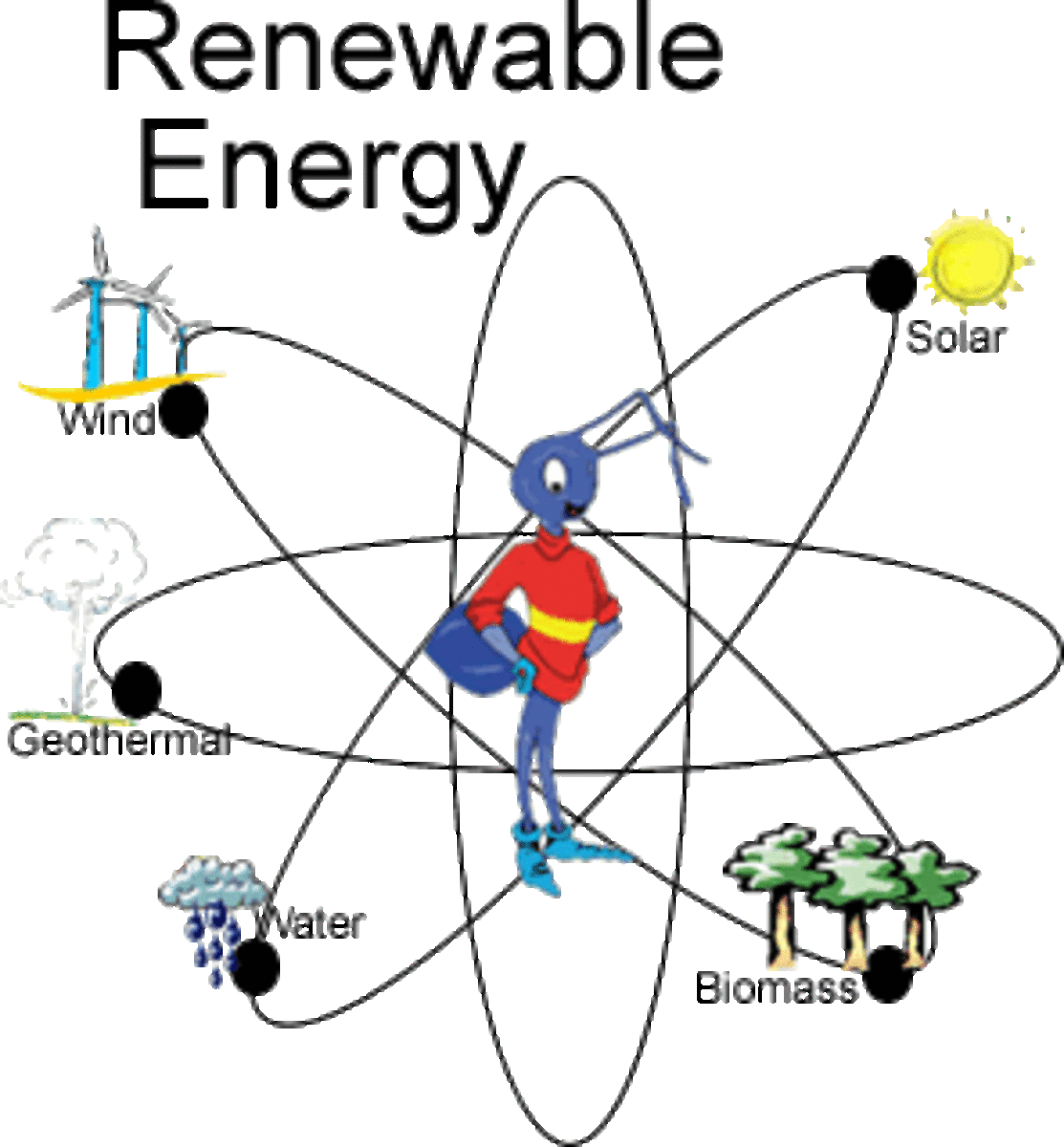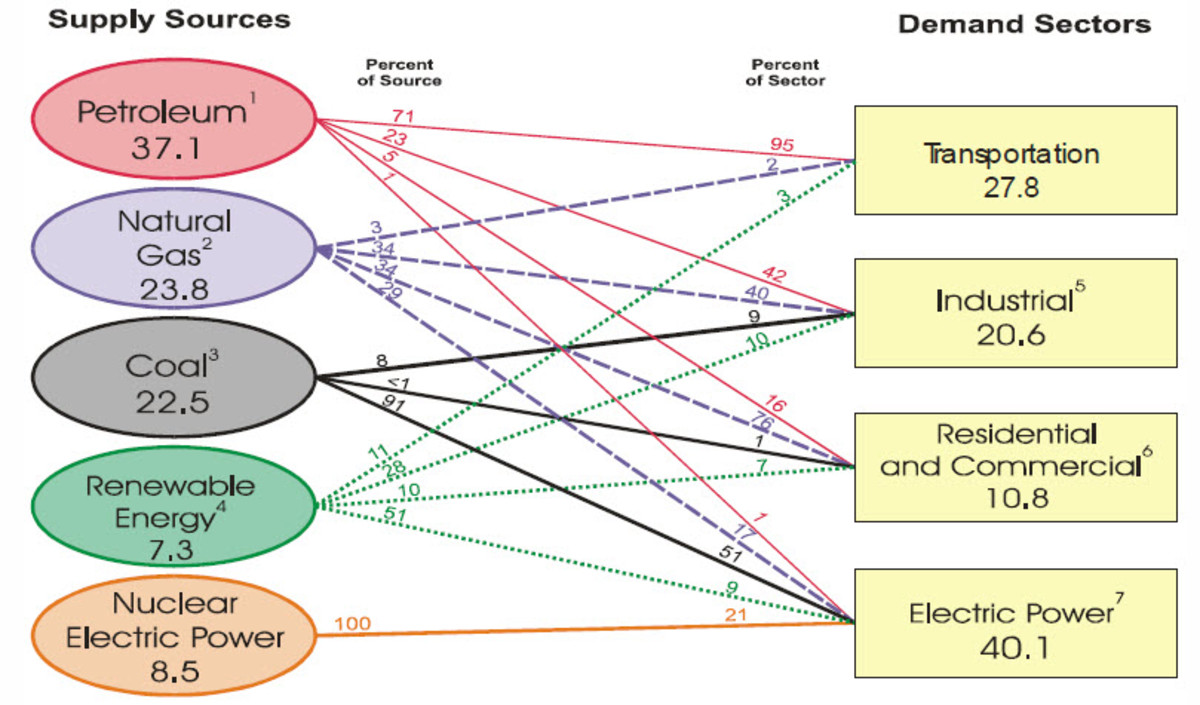The "Going Green" Fad is Destructive for the Environment
Edit (01-06-2018): Reformatting to keep up with the website. Still relevant six years later.
In 2011, I asked what people think of the "going green" fad. See the original question and responses here.
This question received mixed responses and I truly appreciate the time people took to answer. I think most of the people who replied truly understand the need to make changes.

Is "going green" just a fad, or is it a serious movement to clean up our world? The way of the past has been to consume and destroy with little regard for the resources of the planet. Many species of plant and animal have gone extinct to provide us with the comforts and entertainment we desire. Are the changes we're making in the name of "going green" causing more trouble or cleaning up the mess? Are we truly taking this seriously, or is it all about what's fashionable?
Fad: "a practice or interest followed for a time with exaggerated zeal."
The Fad
Fad: "a practice or interest followed for a time with exaggerated zeal."
We talk a lot about "going green". Most of us are aware we have a big problem that needs addressing and we like to throw in our lot with others who know that too. Our purchasing power is being put toward companies who support these ideas. It's become popular to "go green." Merriam-Webster defines a fad as "a practice or interest followed for a time with exaggerated zeal." I've certainly witnessed many people jumping on the band wagon with exaggerated zeal. We buy "green" cars and shop at stores that use "green" light bulbs. Let's face it, if it says "green" on the package, we're more likely to buy it.
Therein lies the danger.
It's a fad when we jump on with the excitement and let the movement carry us away. If we remain consumers without looking into the products we buy, we're just taking part in the fad.
If we want to truly make a difference, the excitement is great, but we also need to pay closer attention than just the package.
NiMBY
There's also the NiMBY problem. NiMBY stands for "Not in My Back Yard", and that's exactly how most people behave when it comes to renewable energy. Everyone want's renewable energy, but many people are opposed to having solar panels on their houses, or wind turbines close by. There are numerous home owner's associations who have put a stop to people in their neighbourhood updating with solar panels. I've witnessed this countless times. Even here in Washington State (where people are extra vocal about "the damn republicans who want to pollute the world") most people don't want these amenities anywhere near them.
The problem?
"They look ugly". The call of "Not in My Back Yard" is the primary reason we're having a hard time finding the real estate for wind power, and solar power.


What Does it Mean When a Company is "Green"?
When I was first investigating this question, all a company had to do to be green is say they were green. If the company didn't do something to look "green" no one believed them, but still, there were no specific standards. There are green products cropping up all over the place, and companies are "going green" left and right. Corporations are changing all their light bulbs to CFL bulbs to show they cause less waste via used bulbs.There was even a wave of "green" car that hit the market. These cars claimed to have better gas mileage than their predecessors, but it was all in the advertising. What did we do about it? We bought "green" cars.
At the same time, CFL bulbs were making it big in the market. They're still doing well, and probably should. They take a lot less energy and last a lot longer. However; CFL bulbs contain mercury and other dangerous chemicals. The problem is big enough, we need to handle them with care and recycle them. Recycling them used to be tricky. It was hard to find a place to take them (at least where I lived it was).
Fast forward a little. We started to catch on. These new cars weren't any different and we knew it. So, car manufacturers started building more hybrids. But then the nickel for the batteries was coming from strip mines using a water process that polluted even more area than it destroyed by stripping the vegetation from the land. The repercussions of this process was easily comparable to the problems caused by fossil fuels.
Most stores that sell CFL's now offer recycling too. But that does mean we need to know, and remember to recycle them.

Renewable Energy Certificates (Green Credits)
When we make "green" purchases we don't always get what we think we're getting.
With no way to really regulate who was a green company, we had to do our due diligence in order to find out who was truly green and who wasn't.
"Renewable Energy Certificates" (REC's) were introduced as a way to reward companies for helping the environment. The way these work is (the short version); by generating 1 mega-watt hour of electricity from a renewable energy resource, a company can earn 1 REC. These credits can be traded, sold, or bartered. This way, companies who earn a lot of credits can get things they need for their business, or make extra profit by selling some of their REC's. Great idea. But very misleading. REC's give a "green rating" for the public to see which companies are doing their part to clean up the world.
A coal company that puts out a very high level of pollution can be a "green" company by purchasing a lot of credits. While this is great because more REC's from a renewable source should mean less coal burned, it also means the polluting company appears to be cleaner in the public eye than it actually is. "Pump out hundreds of tons of smoke? Not a problem, buy REC's and you can still be 'green."
Is our desire to clean up our act just making a bigger mess?

"Going Green" is a Fad
In the end, what I'm saying is this:
Don't get caught up in blindly following the fad. "Going Green" is a fad that's causing damage. The worst part is; it's designed to aleviate guilt and make us feel good, while not actually helping. If we really want to do some good, or clean up some pollution, the way to do that is to do a little research. Learn what the products we buy are made of and how they are made. Like anything companies sell to us, an advertising pitch is just that. Advertising. When we know what we're getting into, we can have a good impact. When we blindly follow anything, there's no telling where it will take us.
Is the Fad Helping?
What do you think: is the fad helping or hurting?
Thanks for stopping by!
On a related note: Pen and Teller did an episode of B*llsh*t on being green. I stumbled on this today while I was looking for images to finish up this article. It was amusing to find many of their conclusions are similar to my own.
*Edit: I had a link to the video on YouTube included, but the uploader, it turned out, didn't have permission to upload it. If you'd like to see it, I'm sure you can find a valid way to watch it. ("Pen & Teller B*llsh*t - Going Green")
© 2014 kwade tweeling








